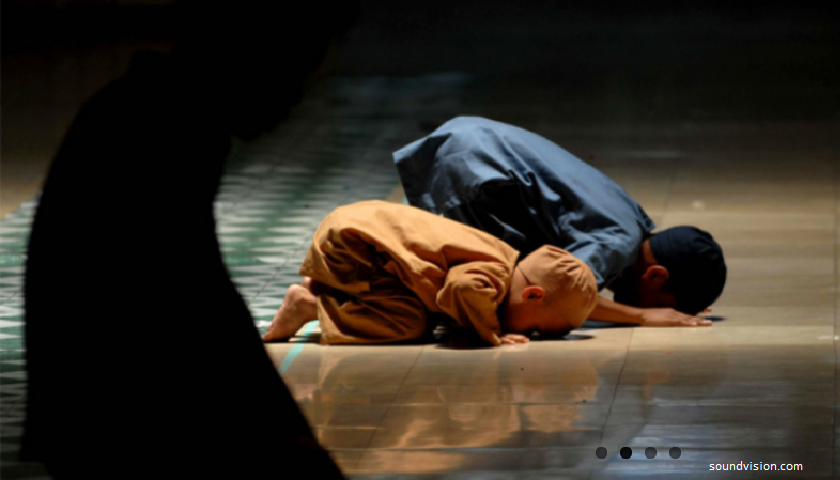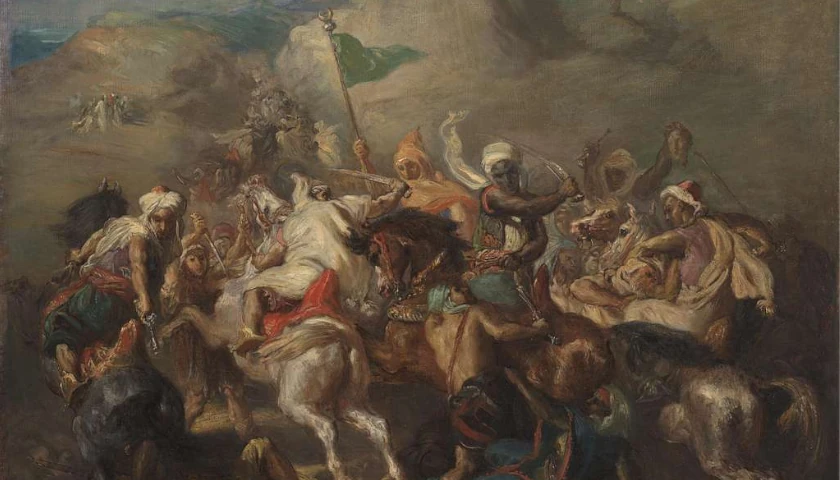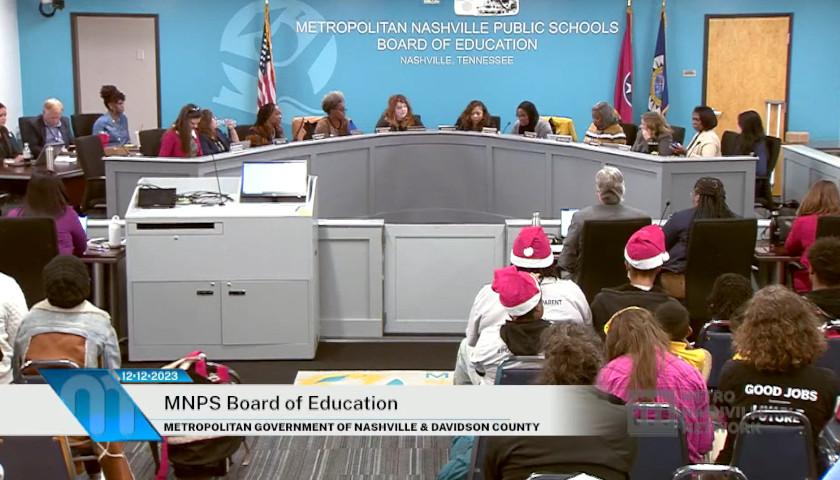Public school students across the country are receiving instruction about Islam from proselytizing Muslim speakers using the excuse of “correcting misconceptions” even though the Council on Islamic Education (CIE), worked for years with textbook publishers, provided teacher training and supplemental classroom resources for teaching about Islam consistent with state social studies standards.
Shabbir Mansuri founded CIE in 1991, to:
provide academic support and scholarly resources about Islam and Muslim history to K-12 textbook publishers, educators, and others. We went on to cultivate expertise in world history and teaching about world religions, producing assessments of national and history-social studies state standards, training thousands of teachers, publishing high-quality teaching materials, and reviewing numerous social studies textbooks.
To that end, CIE sponsored multiple conferences focusing on textbook content and national standards related to teaching about Islam and Muslims.
In 2007, CIE changed its name to the Institute on Religion and Civic Values.
An article posted on SoundVision, an organization that promotes proselytizing Islam to students in public school, quoted Abigail Jungreis, Editorial Director for school social studies at Houghton Mifflin regarding CIE:
We’ve had a really good relationship with them [the CIE] over the years. Their reviewers are knowledgeable, access to primary source materials.
She gives Susan Douglass as an example. Douglass is one of the CIE’s affiliated scholars.
Jungreis says she can pull out rare sources like journals from Persia in the middle ages.It is also with the help of the CIE that Jungreis says Houghton Mifflin’s textbooks have been able to show what Crusades were like for the Muslims. ‘We’ve been able to give several perspectives on an event like that’
CIE’s affiliated scholar and principal writer and researcher Susan Douglass, has drafted standards for teaching about religion in public schools, created curriculum guides for teaching about Islam, and is a presenter at the National Council for Social Studies (NCSS) conferences.
The NCSS’ November 2018 annual conference is preparing to convince teachers that “commonly held stereotypes and misconceptions about Muslims and Islam” must be addressed in the classroom. This session is categorized under the “Cultivating Empathy Through Instruction” section of the conference.
Metro Nashville school board Chairman, Anna Shepherd recently defended a presentation at the Islamic Center of Nashville (ICN) during a class field trip to the mosque as simply “addressing misconceptions.”
Shepherd’s defense of a presentation filled with incomplete and misleading information, stands in stark contrast to a cancellation by a local Connecticut school board last week of a Muslim woman scheduled to “dispel misconceptions about the Islamic faith” in a seventh grade social studies class.
In 2000, Vanderbilt’s First Amendment Center collaborated with CIE to produce Teaching About Religion in National and State Social Studies Standards in recognition of the fact that standards influence curriculum reform, textbook revisions and what gets taught in the classroom.
The First Amendment Center later published A Teacher’s Guide to Religion in the Public Schools endorsed by nineteen secular education and religious organizations including CIE. The guide attempts to lay out the “crucial difference between the teaching of religion (religious education or indoctrination) and teaching about religion.”:
The school’s approach to religion is academic, not devotional.
The school strives for student awareness of religions, but does not press for student acceptance of any religion.
The school sponsors study about religion, not the practice of religion.
The school may expose students to a diversity of religious views, but may not impose any particular view.
The school educates about all religions; it does not promote or denigrate religion.
The school informs students about various beliefs; it does not seek to conform students to any particular belief.
Public schools taking field trips to mosques and bringing in speakers whose organizations endorse proselytizing Islam in public schools to train teachers both of which has happened this school year in Metro Nashville, are problematic in light of guidelines that distinguish between teaching about religion versus providing religious education or indoctrination.
State Senator Mike Bell (R-Riceville), sponsor of Tennessee’s 2016 law “Inclusion of religion for education purposes only,” told The Star:
Your reporting on the situation in Metro is obviously concerning. The intent of the law was to crack down on the type of proselytization that you describe. We do not want what is happening in Europe happening here. I will be taking a close look at this situation to see if further legislation or enforcement action is needed.
The 2016 law does not include criteria to help determine when teaching about religion crosses the line into teaching religious doctrine or the practice of religion.






[…] Tennessee Star reported in December 2017 on Muslim proselytization of students with speakers and Muslim advocates’ work […]